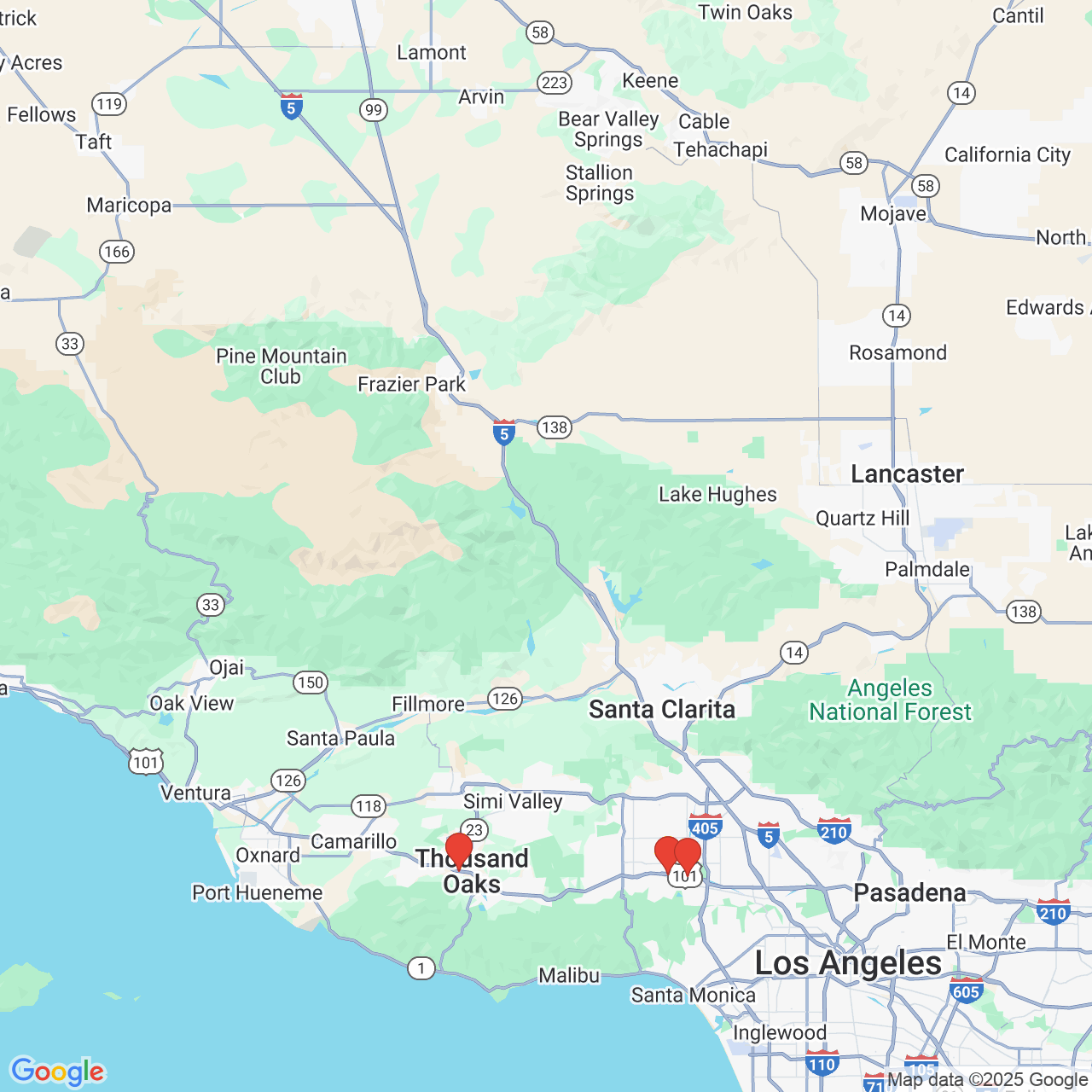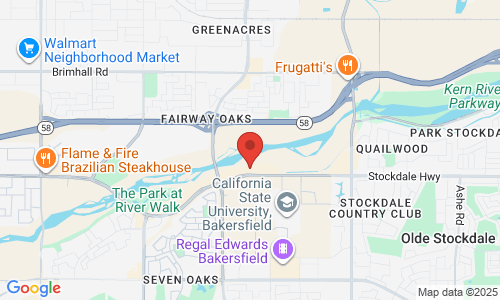Canceled IVF Cycle

At the Center for Fertility and Gynecology in Los Angeles California, we perform hundreds of in vitro fertilization (IVF) cycles each year. Each cycle is individualized to best suit the patients’ unique medical, personal, economic and ideological needs. Additionally, we make every effort to set appropriate expectations to help our patients prepare for their cycle. Occasionally, a patients’ response to IVF medications does not meet these expectations. At such times, we may consider canceling the cycle. This post will explore when and why an IVF cycle could be canceled as well as ways of avoiding canceled cycles.
IVF is a complex process involving a multitude of variables. Some of these variables, such as the timing of appointments and dose of medication can be controlled. On the other hand, variables such as monthly variation in ovarian reserve or external stressors at work are beyond our control.
Occasionally, the culmination of these variables may lead to an unexpected ovarian response such as too few follicles, a single dominant follicle or too many follicles. Usually, adjustments of medication and timing during the cycle, can correct these abnormalities. Unfortunately however, once in a while they cannot. If an IVF cycle is performing in a highly unexpected manner, doctors may consider canceling the cycle. There are 2 criteria which both must be met in order to cancel an IVF cycle.
1. Unexpected response-
Usually this refers to too few follicles growing to justify the time, effort and expense of continued stimulation and subsequent follicle aspiration. For example; if a patient is expecting 15 eggs and after 6 days of stimulation, there are only 3 growing, then one may consider canceling the cycle. Alternatively, sometimes a patient is responds too strongly. For example a patient may have greater than 50 follicles growing. In such situations, cancelation is performed to prevent Ovarian Hyperstimualtion Syndrome (OHSS).
2. The potential to have a better response with the next cycle-
If a patient is having an especially weak response to medication, but she is unlikely to produce more eggs at a different time, then there is no reason to cancel. If however, a change in stimulation type or stimulation at a different time is expected to yield a better response, then cancelation should be considered.
Sometimes nothing can be done to prevent a canceled cycle, it is just bad luck. It is important for patients to realize however, that a canceled cycle is actually a good sign. It means that the doctor believes that a future cycle can be better! It might take a change of protocol, use of alternative treatments like acupuncture, or simply waiting for a different month; but if a doctor cancels a cycle, chances are that changes can be made for the next cycle to improve the chance for success.
If you have any questions about IVF or fertility treatments in general, feel free to contact us, we are happy to speak with you.







